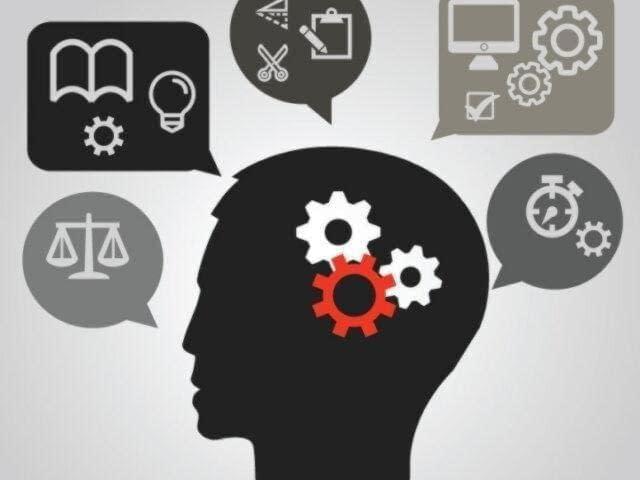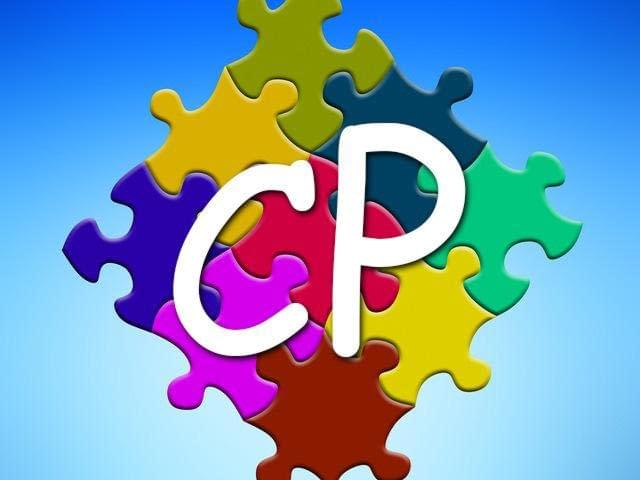What is a neuropsychological evaluation? The difference between psychological and neuropsyhological evaluations A standard psychological…

Anxiety
Anxiety is often diagnosed when the child shows signs of excessive stress, worry, or fear that interferes with his or her ability to function. Emotional and behavioral challenges very often accompany anxiety. For instance, temper tantrums and emotional outbursts, as well as arguing and pushing boundaries are common due to the feeling of losing of control. There are several types of anxiety, but younger children may not present with a specific type of anxiety, say a phobia or obsessive-compulsive disorder, until they are older. However, separation anxiety is very common in young children.
Anxiety among children can present with a wide variety of symptoms. Some children may be seen as rigid, fixated, obsessive, repetitive, and overly concerned with things they cannot control. They may ask questions repetitively and are often described as “nosey.” Their play is often dominated by arranging, lining up objects, stacking items, or categorizing toys by colors or size. They are typically bothered when others disturb, move, or touch their belongings. Many anxious children are often very bossy with their siblings and friends, which contribute to peer-conflict, frustration, and aggression. Other children may present as very worrisome. They worry about everything, including the well-being and whereabouts of family members, school, friends, upcoming events, tornados, or getting injured. While others, may be described as very “clingy,” especially when at home. These children do not like to be left out of anything or left alone even if for only a moment. They may even go to extremes, such as intruding on privacy (e.g., while a parent is showering or using the restroom). Many anxious children are reluctant to try new things, fearful of new or ambiguous situations, making new friends, avoiding crowds of people, and may lack confidence. This very commonly interferes with their ability to care for themselves or attempt homework or school assignments. Anxious children often show some symptoms of depression such as low self-esteem or sadness.
In general, interventions (e.g., therapy) can often help to improve functioning and teach the child effective coping strategies to manage their anxiety. If anxiety is severe and other forms of intervention have not proven useful, medication may be helpful. However, medication should always be used in conjunction with behavioral intervention.


